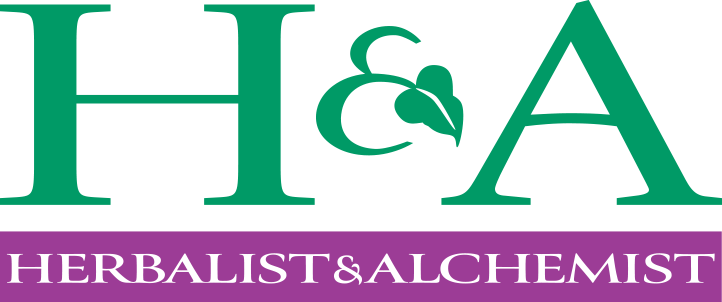Robert Turchyn evolved from a career in the financial
services sector to operating a wellness clinic, Kauai Island
Health, in Hawaii. In addition to four years studying with
David Winston, Robert has trained in aromatherapy and
postural therapy. His goal is to educate clients to take
ownership and effect their own healing.
What healing modalities do you practice and what training do you have in them?
Postural Therapy (The Egoscue Method®), Herbal
Medicine, and Essential Oil Therapy. My certification for
postural therapy is “Advanced Exercise Therapist” (AET)
Egoscue postural therapy is a series of gentle stretches and
exercises, specifically created for an individual client
that brings the body back into alignment. It is a great
alternative approach to musculoskeletal pain and joint range
of motion issues that works without drugs or surgical
interventions. Getting a client up and moving, engaged in
physical activities is a key ingredient to the approach I
take. Often I will start a client off with this therapy and
see where it goes. I studied essential oil therapy at
American College of Healthcare Sciences, where I graduated
“with honors” from their Aromatherapy certification program.
Subsequently I sat for the Aromatherapy Certification
Councils (ARC) sponsored exam. From that I earned their
certification “RA.” In herbal medicine I began by studying
Chinese Medicine at “5 Elements of Chinese Medicine,” in
Norwalk CT, then eventually went on to David Winston’s,
Center where I completed 4 years of training. In August of
2015, I earned the “professional” certification from the
American Herbalist Guild (RH).
What inspired you to formally study herbal medicine?
I was nearing the end of a career in the
financial services sector. I had always been interested in
health, reading authors like Dr. Robert Haas, Adele Davis
and Andrew Weill. My Korean-American martial arts teacher
was an herbal medicine enthusiast, and it just seemed like a
natural next step for me.
